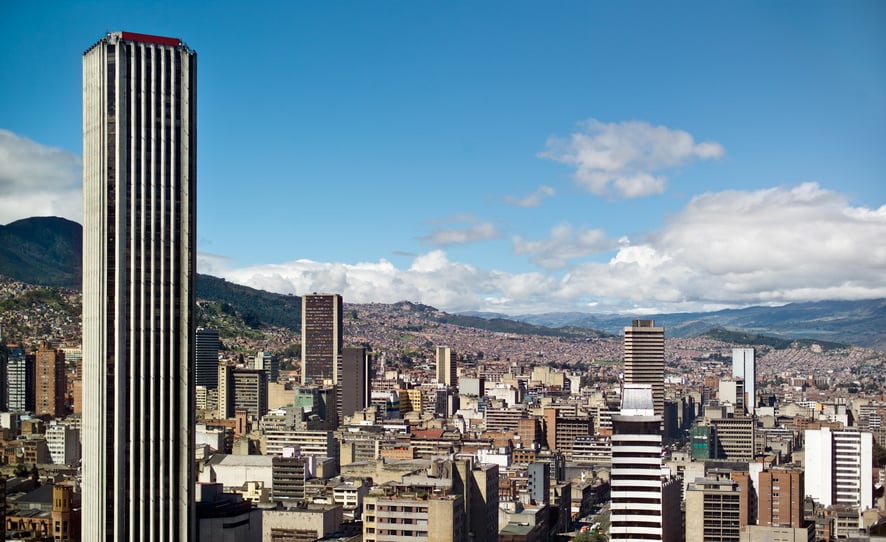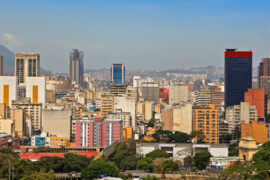In brief
The Colombian competition authority, Superintendence of Industry and Commerce (SIC), initiated an investigation against División Mayor del Fútbol Profesional Colombiano (DIMAYOR), the entity in charge of organizing and operating the Colombian professional soccer league, sixteen (16) professional soccer teams, and twenty individuals associated with them, after allegedly participating in a no-poach agreement.
The various soccer teams allegedly entered into the agreement with the intention to create a list of players whose player rights could not be negotiated with other teams, restricting the competition in said market. This agreement, purportedly affected sixteen (16) Colombian professional soccer players from the first and second division in Colombia, between 2018 and 2021.
DIMAYOR, the entity in charge of organizing the tournament in each one of the affected divisions, the SIC considered that, although they did not participate in the agreement, DIMAYOR was aware of the conduct and did not investigate nor sanction it. Despite the fact, it had the power to prevent the execution of said agreement.
In depth
This is the first administrative investigation opened by the SIC with regards to no-poach agreements, understood as any agreement that intends to prevent a competitor from hiring, or contracting, an employee from another competitor.
In this particular case, as analyzed by the SIC in the preliminary inquiry, the evidence of the agreement was found in the following three (3) different scenarios:
- A player with a contract with the soccer team, resigned based on certain grounds against the team as his employer, and therefore, terminating the contract. However, the team denied these grounds, and as a result, disregarded the termination of the contract, preventing the player from negotiating his rights as a free agent. The negotiation required the participation of the team as owner of the player rights.
- The soccer team prevented players, who started their career with said team, to terminate their contracts as free agents, considering that this situation would not generate a revenue for the team. Consequently, the team asked other teams to not contract/hire said players as a “solidarity” gesture between the teams.
The soccer team employing certain players informed the other teams that said players did not want to renovate their contract, and requested its competitors to not hire them, as retribution for exercising their rights and not renovating the agreement.
Key Takeaways
Which sanctions might apply?
If the competition authority concludes that there was indeed a no-poach agreement, and it did affect the competition in the Colombian market, the SIC may impose individual sanctions to each one of the investigated entities, a fine of up to 100,000 times the current monthly minimum legal wage (approximately USD 23.2 million at current rates) or up to 150% of the revenue generated by the agreement, whichever was higher.
For the individuals linked to said entities that are being investigated, the fines to be imposed might rise up to 2,000 monthly minimum legal wages (approximately USD 465,900 at current rates)
What is next?
The investigation has just begun, it will need to run its course, wait for the teams and DIMAYOR to respond to the charges, and the final decision of the authority. Nonetheless, this is important precedent to assess these type of agreements in Colombia.





